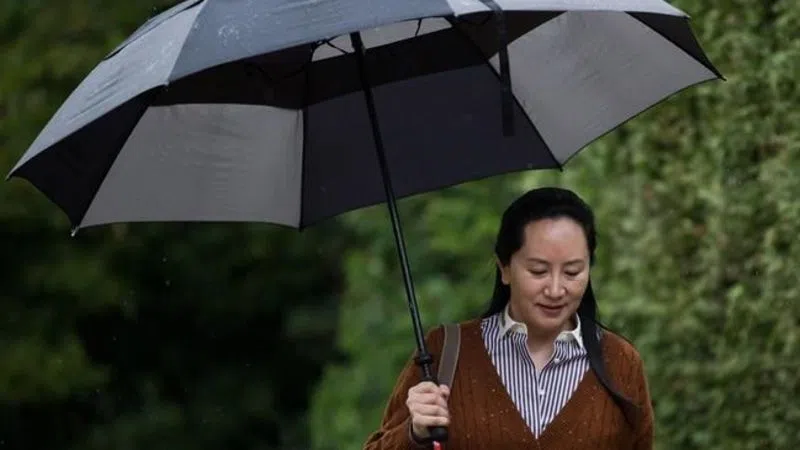
Huawei’s Meng ‘no longer fears unknown’ despite ‘torment, struggle’ of last year
VANCOUVER — Huawei Technologies executive Meng Wanzhou says she has experienced feelings of helplessness, torment and struggle since being arrested in Canada one year ago, but no longer fears the unknown.
In a post Monday on the Chinese telecom company’s website, Meng, 47, said she has passed the time on bail in one of her comfortable homes in Vancouver reading books, chatting with colleagues and painting.
Canadian authorities took Meng into custody at the request of the United States on allegations of violating sanctions on Iran, and her extradition case is now winding its way through British Columbia’s Supreme Court.
Soon after Meng was arrested, Beijing detained two Canadians, entrepreneur Michael Spavor and former diplomat Michael Kovrig, over accusations of undermining China’s national security, developments considered in Canada as retaliation for Meng’s arrest.


